Up for Adoption
Tessiess, SoCal Inland, 9b, 1272' elev
11 years ago
Related Stories
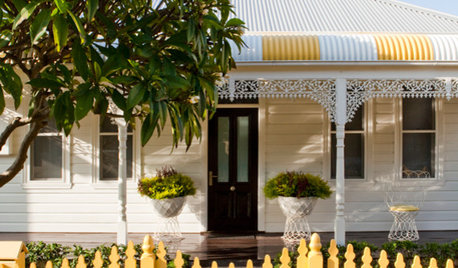
DECORATING GUIDESLighten Up — or Brighten Up — With Yellow
You can use this versatile color to create a buttery backdrop, add a zesty accent or make a bold design statement
Full Story
FEEL-GOOD HOMECurl Up With Some Dreamworthy Nap Spots
Blissful and serene, these envy-inducing settings will put you to sleep, but for all the right reasons
Full Story
GREEN BUILDINGDesign Workshop: Shutters, All Grown Up
Shutters are back! They’re modern, functional and a sensible investment for a more comfortable, efficient home
Full Story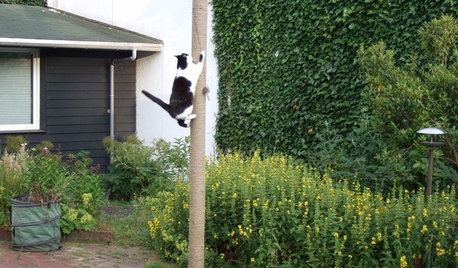
PETS15 Outdoor Pet Projects You'll Lap Up
These bubbling fountains, shelters and other creations by Houzzers are treats for pets and inspiration for other owners
Full Story
MOST POPULARA Magical Tree House Lights Up for Christmas
From the Most Popular file: An incredible tree house takes things up a notch for the holidays. See how it came to be
Full Story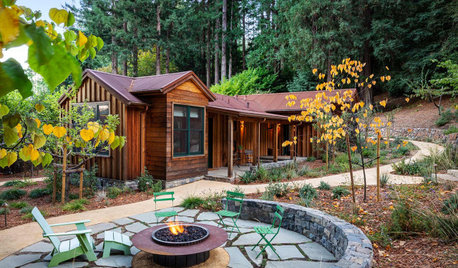
FALL GARDENING7 Reasons Not to Clean Up Your Fall Garden
Before you pluck and rake, consider wildlife, the health of your plants and your own right to relax
Full Story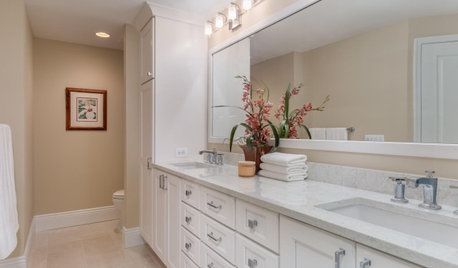
BATHROOM WORKBOOK5 Ideas to Open Up a Windowless Bathroom
Do you have a bathroom without natural light or a view? Here’s how to brighten it up
Full Story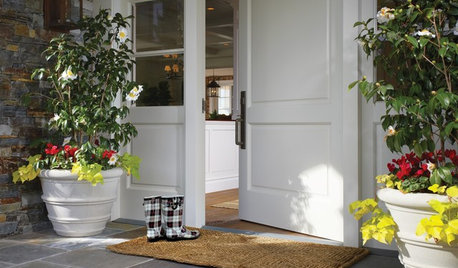
MOST POPULARThe Polite House: On ‘No Shoes’ Rules and Breaking Up With Contractors
Emily Post’s great-great-granddaughter gives us advice on no-shoes policies and how to graciously decline a contractor’s bid
Full Story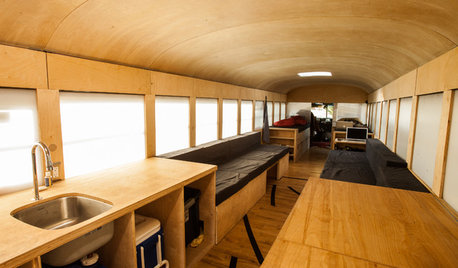
FUN HOUZZBuckle Up for a Modern Mobile Cabin in a Bus
See an innovative off-the-grid living space designed by an architecture student — with room for 6 and a sunbathing spot
Full Story
GREEN BUILDINGLet’s Clear Up Some Confusion About Solar Panels
Different panel types do different things. If you want solar energy for your home, get the basics here first
Full StoryMore Discussions









jacqueline9CA
Tessiess, SoCal Inland, 9b, 1272' elevOriginal Author
Related Professionals
Severn Landscape Architects & Landscape Designers · Lakeland Landscape Contractors · Wake Forest Landscape Contractors · Boca Raton Landscape Contractors · Bridgeport Landscape Contractors · Cornelius Landscape Contractors · Cupertino Landscape Contractors · Essex Landscape Contractors · Florham Park Landscape Contractors · Galt Landscape Contractors · Miller Place Landscape Contractors · Ramsey Landscape Contractors · Waltham Landscape Contractors · West Haverstraw Landscape Contractors · Vadnais Heights Landscape Contractors